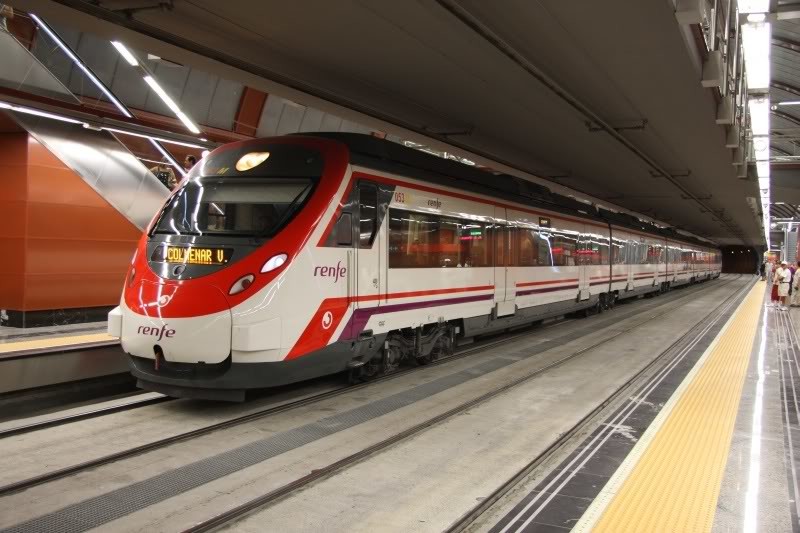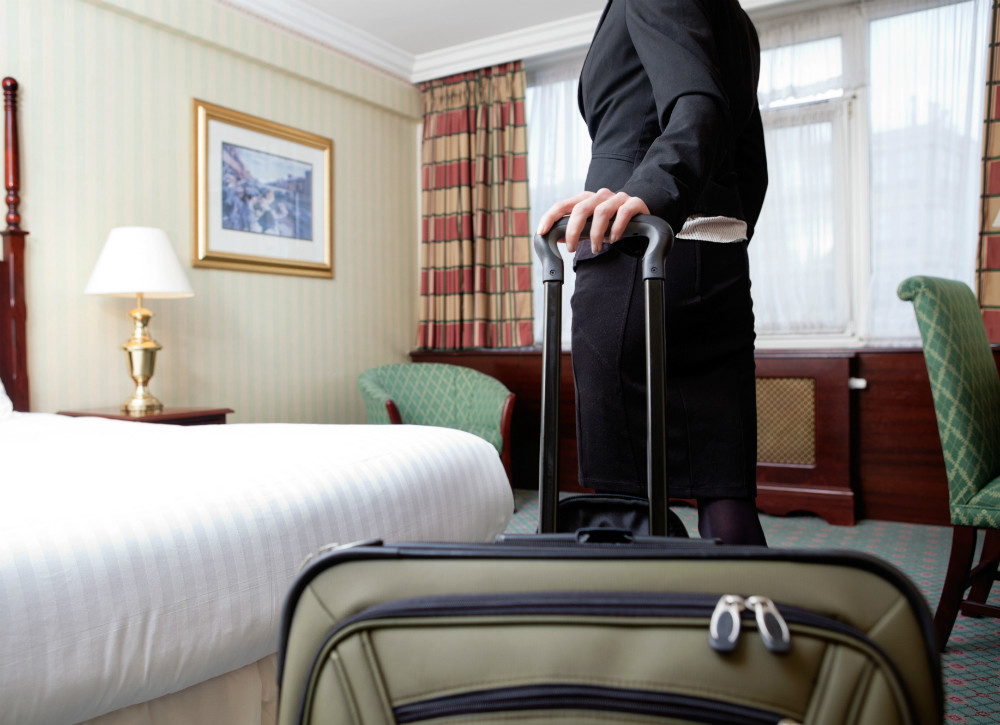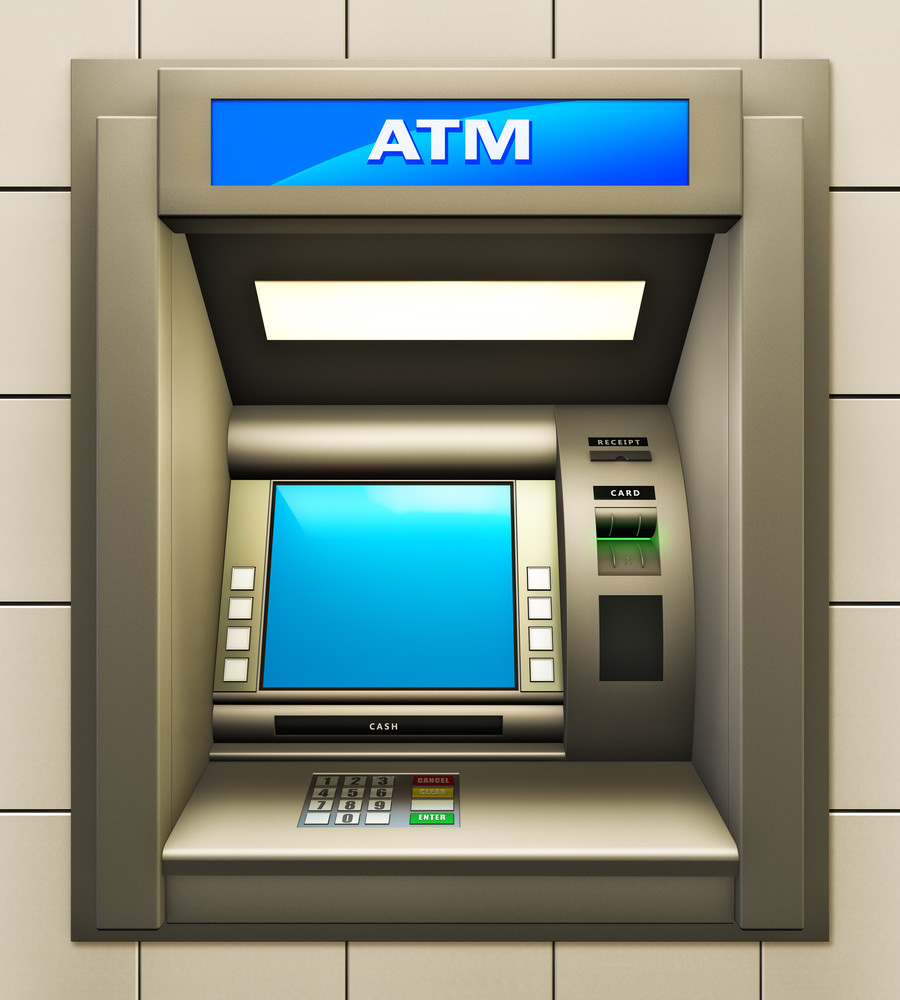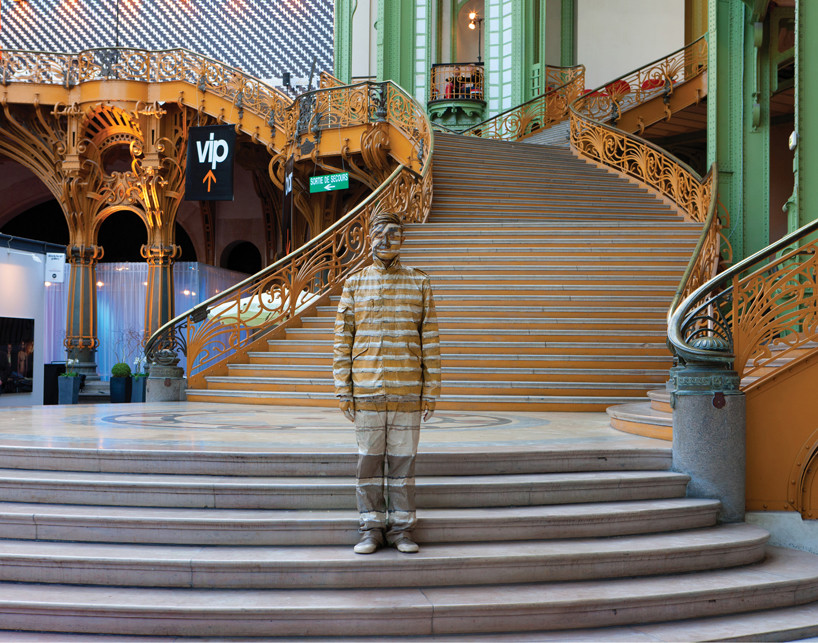Things to handle at the arrival
So: you decided to make the first step by applying for Erasmus + in Madrid. You got the acceptance letter and filled out the forms you needed before the arrival in the city - there is more of those than I expected. Probably, you feel both: excited about going to a new place where you will be able to slowly explore the new city and meet many other people from Madrid and all around the world, but also a little bit scared: how are you going to handle a brand new city all by yourself? What if something goes wrong? How will you work there in a place with different culture and language?
I met a few people that decided to do Erasmus + with a friend so they were not on their own from the start. It was easier for them to share all the challenges they had to work through. But personally, I believe the experience is more pristine if you really do it on your own. You will often find yourself caught in some sort of problem that only you can overcome. It is difficult at the start ant it can take some time and nerves but it will challenge you into being a lot more independent and capable of overcoming different obstacles later on in your life. It will also make you braver and less attached to your home country and material things. In continuation, I am going to describe some of the things you will need to handle at your arrival in Madrid.
Public transport card
I wrote about that in one of the previous publications so I will just briefly describe it. In Madrid, you will very likely want your Public transport card. For 20€ per month you will get access to places around the city and surroundings using metro, bus or train. You can apply for the card by internet and wait up to 2 weeks to get your card or you can stop by in one of the office where you will get an appointment and then you will arrange the documents in 5 minutes. It is a big thing to cross off your list once it is done and it makes you feel like you are finally starting to pull it together.

Cercanías Renfe: Madrid's city train. Source: http://tarifas.net/files/2011/12/Tarifas-cercan%C3%ADas-Madrid-1.jpg
Housing
Do yourself a favour and do not panic about your housing situation. Every Erasmus + student that I was talking to got a place to stay: if not before the arrival, then within a month of being in Madrid. It is a huge city meaning the room offers are leaking hourly on the webpages offering them. And in case you have not found your room before, get yourself a temporary stay at a hostel and keep looking once you arrive.Remember: student dorms there represent a very expensive option and you can do a lot better finding a place on your own.
What you should consider when you are checking the rooms are: location and price as the basic factors where you can check the distance to the metro and to your university. It took me an hour to get to my uni but it was located in the suburbs. Considering the price, I got a room for 260€ per month which is very cheap for Madrid. It is a capital and the price-lift follows. A typical price range students were paying was 300-450€. Check who your flatmates would be. Normally, it is either a family or students with which you would probably feel more comfortable coexisting with. I was staying with a family and it turned ou to be alright but not the same though. Also: check if expenses are included: if not, expect to pay around 50€ extra by the end of each month. Also, check if your room has a window.
It is wise to check many different webpages offering appartments. You may find some useful links on the webpage of your university. Firstly, I tried with idealista which is the most used platform considering appartments but the good offers there can be taken instantly so do not expect returning e-mails. Generally, it is better to call or write on whatsapp if you wish to get the answer. I found my room on uniplaces that is working as an intermediary. It is quite safe but you have to pay 20% extra for one month, regardless of how long you are planning to stay. There are, of course, thousands of other webpages you can check so you will certainly find a place to stay.

Moving in. Source: http://s3-production.bobvila.com/slides/14115/original/bed_bugs_-_where_to_put_suitcase.jpg?1435249380
Grocery shopping
Since you are probably not planning to eat outside throughout all your Erasmus + stay, the thing to make within the first few days after moving-in is to do grocery shopping. Find the nearest supermarket, like: Mercadona, Alcampo, Lidl, Dia or Carrefour and make a list of things you need, like: pasta, rice, oil, eggs, tomato sauce, tuna, milk ... well, depending of what you want to eat. You can also get yourself a shopping bag the first time you do your shopping for easier thansportation. Prices were lower than in Slovenia and normally I spent 8-16€ per purchase, getting a full bag of groceries.
Internet, bank card and spanish phone number
I did not need to occupy myself with those things. It is good to get accomodation where internet is already included so it is not yet another burden to take care of. However, there is a way of getting wifi if you have the misfortune of not having it. You can get one of many packets offering it and it usually costs 30-40€.
There is an option to get spanish bank card where you can load money and then use it without commision fee. My bank card enables me to withdraw cash from any ATM machine without commision in countries with euro as currency, so I did not use this option. Whether you will get your spanish card or not depends of the contract with your home-country bank. Also, good to check the conditions at different banks before arriving to Madrid.
Most exchange students got their spanish phone number for contacting new friends in Spain. The sense of that depends of the cuantity of calls and messages you are planning to make. I was mostly using Whatsapp and Facebook for communication through wifi and I simply paid that small extra for texts to the phone operator in Slovenia. You can buy a packet with certain amount of data/minutes/texts you can send or get a monthly subscription. Depending on the operator and the packet, the price range normally goes from 10 to 25€.

ATM machine. Source: http://www.knowl8dge.com/wp-content/uploads/2014/02/ATM-Machine.jpg
Documents at the international office
In order to do that, first figure out the way to your university and how long does it take. The university I attended had its own net of private buses I was able to use. Perhaps you do not have everything arranged considering papers, have to sign Confirmation of Erasmus + mobility or have any other kinds of questions: international office is there to help you. They will probably let you know if something is not right regarding papers.
You will perhaps have to present youself at each class as oftentimes professors do not have the information about incoming Erasmus + students. But they as well will probably be willing to help you in case you will come across some problems or questions regarding the subject.
Adaptation
Last but not least is adaptation. You arrived into a new environment with different culture so it is completely normal to feel a little lost. But I promise you it gets a lot better after you make some new friends and know the basic city plan. And do not be afraid to use that broken spanish of yours as by using it you will be able to improve it and you will see that you are able to communicate in a language different from your native. You can start slowly by ordering bread or asking for directions.
Take some time to explore Madrid. You will probably start off like a typical tourist, with a city map in your hands going from one to another famous sight. In no time you will be able to connect Sol, Callao, the Royal Palace, Plaza Mayor and Cibeles between each other. Besides the classical sightseeing also walk around those small streets leading you to another new market around Malasaña or take a round tour around one of the parks and go and enjoy your time at the Prado museum. The places will in time be filled with memories and you will start feeling like the city is yours.
Make new friends. Oftentimes, you do not even need to leave the appartment and make some friendship bonds between your flatmates. I met this amazing girl from Poland during my stay and we made lots of crazy memories together. You can also make friends with your classmates or other Erasmus + students at your university. Do not limit yourself: go to Erasmus meetings like: dancing classes, language exchange, trips ... and if you are lucky, you will surpass the first ''where are you coming from, what are you studying, where are you staying'' typical questions and get to know new travel and party companions with which you can sometimes even have better conversations than with people at your home university.

Blending in. Source: http://www.designboom.com/wp-content/uploads/2013/01/liu_bolin06.jpg
As you can see, there is quite a lot of things to get through once you enter your new environment. First few days in Madrid could get a little busy but once you surpass the first few obstacles you will feel the satisfaction of handling it all. And that is when you will really start to enjoy your stay in Madrid and you will probably fall in love with it, having all that much to offer.
Photo gallery
Want to have your own Erasmus blog?
If you are experiencing living abroad, you're an avid traveller or want to promote the city where you live... create your own blog and share your adventures!
I want to create my Erasmus blog! →







Comments (0 comments)